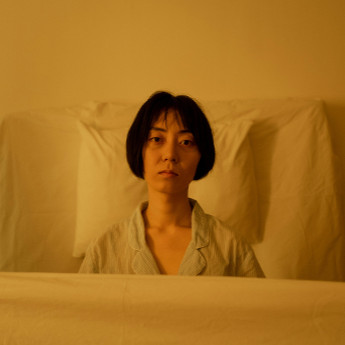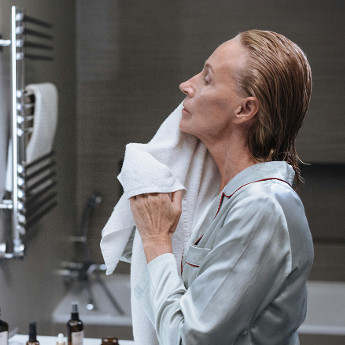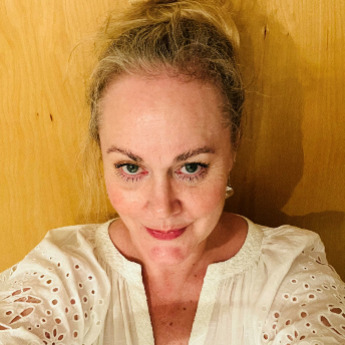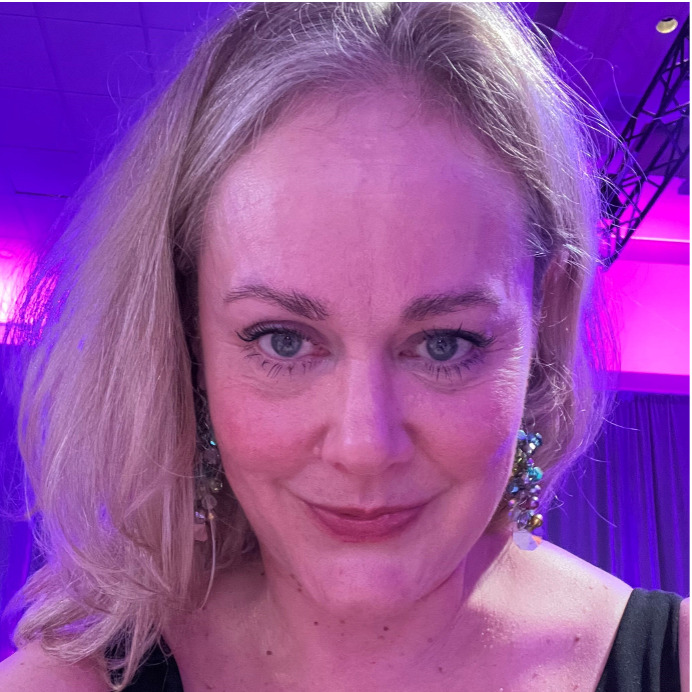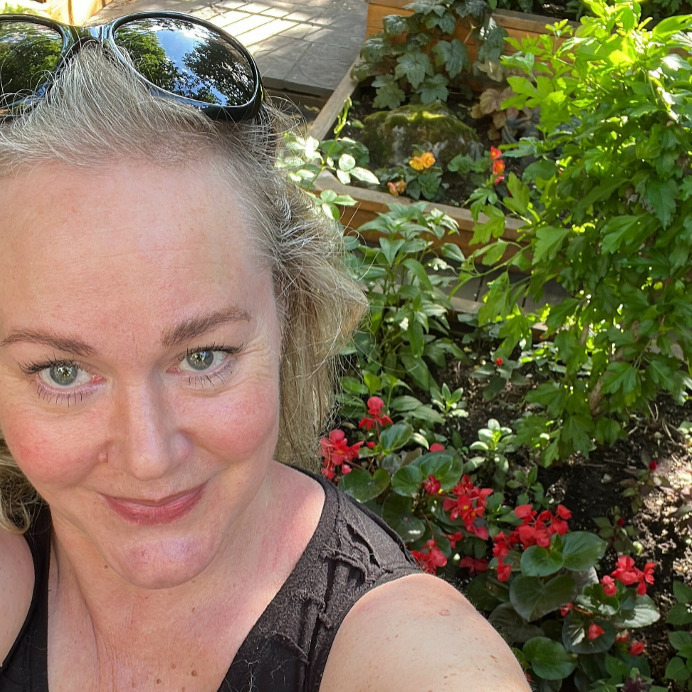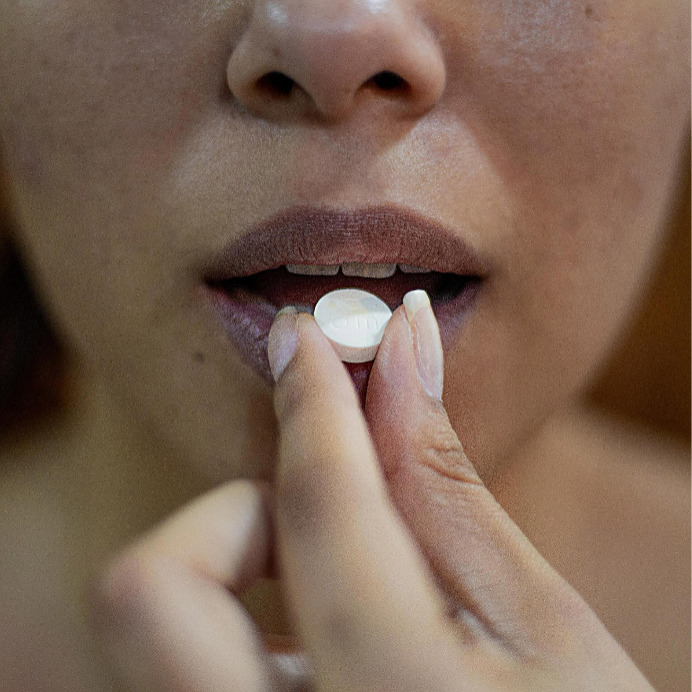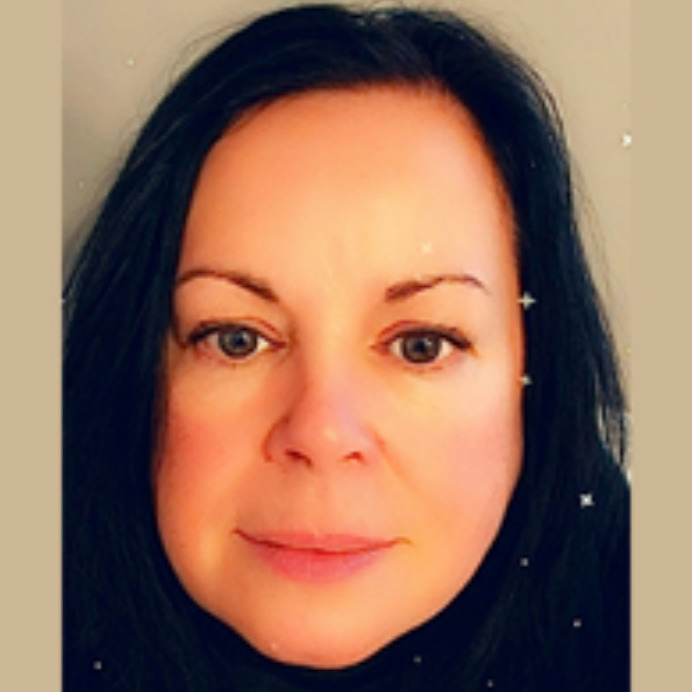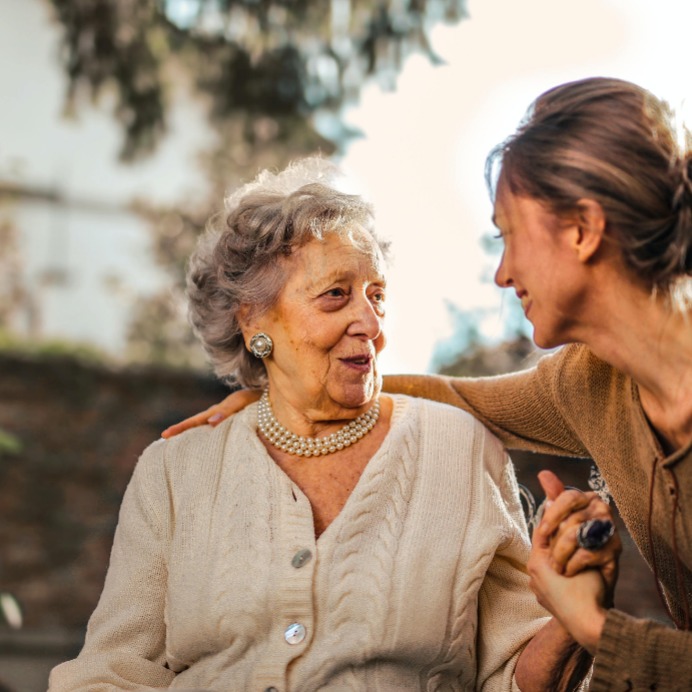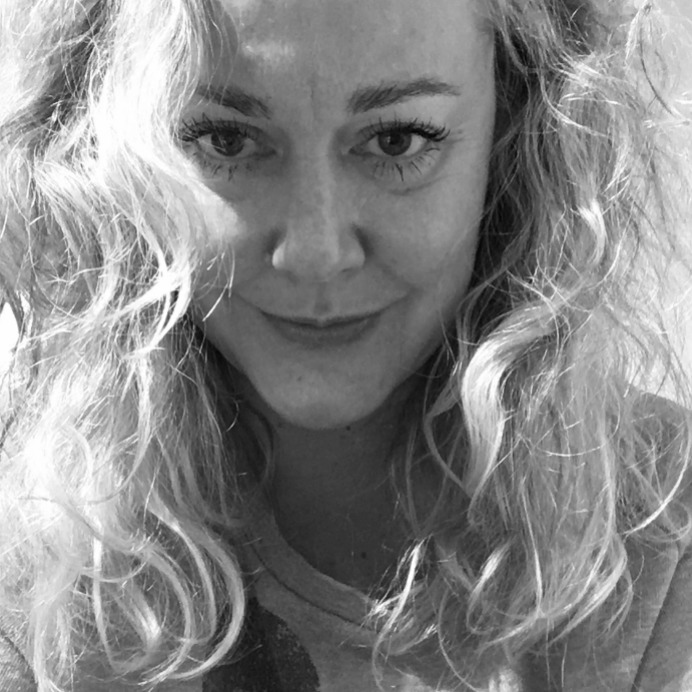By continuing to use our site, you consent to the processing of cookies, user data (location information, type and version of the OS, the type and version of the browser, the type of device and the resolution of its screen, the source of where the user came from, from which site or for what advertisement, language OS and Browser, which pages are opened and to which buttons the user presses, ip-address) for the purpose of site functioning, retargeting and statistical surveys and reviews. If you do not want your data to be processed, please leave the site.
The Voice of People With Breast Cancer
Education
Our Voices Blog
Tag : tamoxifen
Still Burning: Cancer-free but the Heartburn Won’t Quit
Only after being diagnosed with breast cancer and undergoing surgery and treatment did the burning in my throat and chest—the uncomfortable, dry and always-on-fire feeling of heartburn—become a constant in my life. Single-digit years now, cancer-free, I'm still carting a container of Tums in my black Lululemon Everywhere Belt Bag.
How Surgery, Treatment & Tamoxifen Impact Your Sleep
I vividly remember the first night, after I found out I had breast cancer. I was lying in bed, wide awake with my eyes closed, listening to Trixie the cat purring beside me. My body was heavy, but my mind was wild, racing with thoughts of nothing and everything all mashed together. That was the beginning of a new kind of insomnia. Not the kind where you just can’t fall asleep, but the kind where sleep feels like something you used to do in a different lifetime but can’t access any more.
Caring for Your Skin Throughout Breast Cancer Treatment
Going through breast cancer treatment can take a toll on your skin, making it more sensitive to issues like dryness, itching, rashes, and hyperpigmentation (where skin patches become darker), to name a few. While skin problems may seem less urgent compared to serious side effects like heart complications or neutropenia, they can still greatly impact your daily life.
What Were You Reading? Our Top 10 Blog Posts of 2024
As we look ahead to 2025, we reflect on the incredible strides made in breast cancer awareness, research, and support. The past year brought new insights, inspiring stories, and innovative developments in breast cancer research. To kick off the new year, we've curated a list of blog posts that have generated the greatest interest in our community over the past year.
Sugar, Baby: Is the sweet rush worth it?
I call Tamoxifen hot flashes: bonfires with a flood. Because when one hits you, it feels like your entire body is going up in flames right before it’s soaked in a flood of hair-flattening, body-drenching sweat. It’s horrible and exhausting, never mind totally gross. And there was nothing I wouldn’t do to avoid having one. Even giving up sugar.
It’s Hard to Find Hope When You Feel Stuck… But it’s Possible
I wasn’t feeling the hope. Not this morning. My pre-breakfast state of mind was consumed by a knot in my stomach, a persistent sense of anxiety and frustration, and the crappy reality that I really and truly don’t know what I’m doing with my life or what my future holds.
Can You Do the Tamoxifen Time?
I’m a Tamoxifen fail. I quit taking the drug just shy of my five-year prescription’s halfway mark. The estrogen-blocking pill fried my short-term memory within the first 14 days and then, tormented me daily with its version of Jay-Z’s “99 Problems.” And lucky me. I experienced every single one of them.
Ringworm: Tamoxifen’s Secret Side Effect
Trapped beneath my bra, cotton t-shirt and cropped pants, pools of sweat mingled with dust and grime before being absorbed into my clothes and skin. Despite the cold showers I soaped up under twice daily, one before heading out into the wee hours of the morning and another again in the dark of night before crawling under a thin sheet to sleep, the dirty damage was done. A skin fungus had formed. I had ringworm.
Memory Blank: the Stupid Side of Tamoxifen, Chemo and Radiation
Is there anyone out there who feels like I do? Like they’ve lost a part of their memory to tamoxifen, chemotherapy and/or radiation and will never get it back? If you are like me, do you ever wonder where your memory went, like, is it on the beach in Puerto Vallarta or maybe it took a sabbatical and didn’t provide a return date?
Our Top Blog Posts for 2022
The past year allowed us a return to a more normal routine in a lot of ways, and our blogs from 2022 reflect that. Posts about being able to gather for the holidays, get mastectomy tattoos, and having in-person healthcare visits were some of the topics of our top 10 blog posts from last year.
Fact: When I Look Good, I Do Feel Better
Growing up, every time I passed a mirror I would pause and stare at my reflection. I got busted for it too. A lot. My mom and aunties told me it wasn’t nice to look at myself, that it was vain or to cut it out—sometimes they said all three statements at the same time. To be clear, I wasn’t always admiring myself, I mean sometimes I was, but after I turned 12 and went to junior high school, my covert glances were more about me feeling insecure than anything else. I had to make sure I didn’t look weird, that my bobbed hair was tucked behind my left ear just so or that my highly Ten-O-Sixed skin wasn’t shining like a too-bright light. I was looking because I needed to reassure myself that I looked good. That I was good enough.
I’ll Take a Pass on the Cancer Platitudes, Thanks
“Breathe.” “Just breathe.” If I had a dollar for every time someone told me to do this —while I anxiously waited for my biopsy results, had another round of MRI exams, before and after surgery, throughout the months-long treatment and the years I spent swallowing a daily dose of Tamoxifen — I’d have a down payment for a vacation home in Mexico.
Your Surviving-Tamoxifen Checklist. All the Things You Didn’t Know You Needed, But Do
Nothing can prepare you for the onslaught of side effects the tiny little hormone-blocking drug Tamoxifen can create in your body and your life. At least that’s how I feel…now. When my oncologist first handed me the five-year prescription for the 10-mg daily dose along with a pamphlet listing 40-odd side effects, I thought differently. Then, my oncologist explained how Tamoxifen works and what I may experience—including hot flashes, weight gain and irregular periods—in such an airy, breezy way that took, maybe, all of 45 seconds to share I figured, okay, I’ve got this. This’ll be no big deal. If there was anything to worry about my doctor would warn me. Thousands of women pop this pill every single day without complaint, I’ll be fine.
Joycelyn's Cancer Journey
Joycelyn Merkley, from Shelburne, Ontario, describes herself as: a girlfriend, mother, grandmother, sister, and daughter. She has lived 53 years embracing these roles when in July of 2021 she was thrown into another role: breast cancer patient.
Tamoxifen’s One Perk: Not Having My Period
The only thing I miss about Tamoxifen is not getting my period.
Our 10 Most Read 2021 Blogposts
2021 was the year of the patient voice and patient advocacy. Across Canada, we saw patients become more active participants on their healthcare team. Whether due to the current circumstances, because of personal interest, or because of unfortunate situations, patients are increasingly becoming involved in their care. This was also reflected in the blogpost that we published in 2021. Overall, we published 23 posts that came from breast cancer patients and their various experiences dealing with their diagnosis. It’s no wonder that so many of these stories were part of our top blogposts of 2021. Even the posts not written by breast cancer patients reflected empowering breast cancer patients to take charge of their health.
Three Things to Consider if You’re Thinking About Going Off Tamoxifen
Chances are, if you have breast cancer you’ve heard about Tamoxifen. I remember the first time my oncologist talked to me about the chemo-infused hormonal-therapy drug. It was during my weekly check-up when I was still having daily radiation. He explained that because the cancer cells found in my right breast were 95 per cent estrogen and progesterone receptor positive, my body’s natural hormones could attach to the cancer cells and help them grow. Obviously I didn’t want that, so I said yes to the drug without even hesitating.
Preventative Treatment for Hereditary Breast Cancer
If you are at high risk for developing breast cancer because of family history or because you have the BRCA1 or BRCA2 gene mutation, you have several preventative treatments to consider. These options include close surveillance, chemoprevention, and prophylactic mastectomy, with or without breast reconstruction.
Why Self-Care is Important for Anyone Dealing with Breast Cancer
Self-care. It’s not a phrase that even flickered across my radar when I was diagnosed with breast cancer, let alone after my surgery or during treatment. But it should have. And, no, it’s not a selfish act.
Why Tamoxifen is a Pain in my Ass and Other Bodily Infractions
Two days ago, my lower back seized and then, seemingly stuck. Never have I ever had back problems. Yet, here I am frozen with body-gripping spasms. I can’t roll over in bed, stand up straight or even wipe my bum without yelping loudly. Thank God, and I don’t say this lightly, I was able to call a friend (who suffers from chronic back pain), who called her chiropractor, who graciously booked me in at the end of his appointment-packed day.


